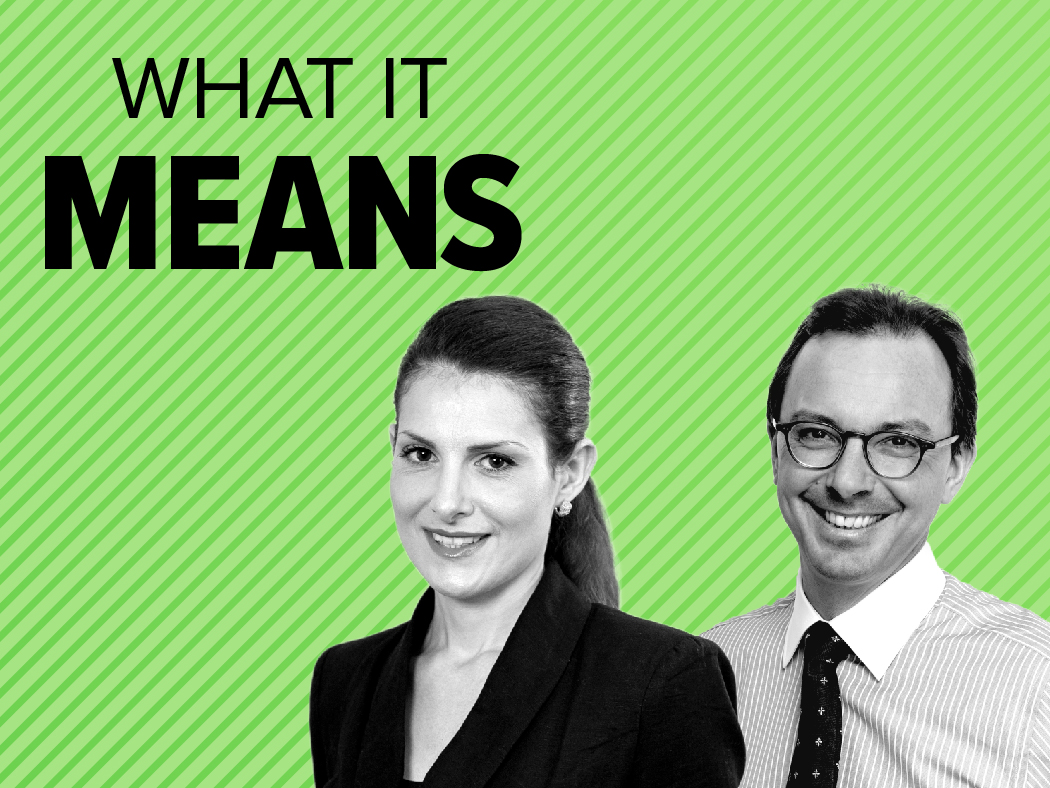Featuring:
Enza Iannopollo, Principal Analyst and Dan Bieler, Principal Analyst
Show Notes:
As Europeans contend with high energy costs and economic uncertainty, trust in governments will falter. But the same forces will cause the ranks of sustainability-minded consumers to grow. On this week’s podcast episode, Principal Analysts Enza Iannopollo and Dan Bieler dig into these and other predictions for Europe and the UK.
The analysts start by explaining the economic outlook for the region. Bieler notes that while Europe may not enter a full recession this year, the picture for individual countries is mixed, with Germany and the UK on track for negative growth. Meanwhile, the energy crisis that many feared as a result of the war in Ukraine has not yet fully materialized, though the longer-term energy outlook is uncertain. Natural gas reserves in Europe may dwindle as next winter approaches, and, as Iannopollo points out, companies that have scaled back production in response to high energy costs may find it hard to catch up when issues resolve.
The economic challenges and longer-term uncertainty are shaking Europeans’ faith in government. By the end of 2023, just one in five European citizens will trust their government, Forrester predicts. This is a sharp contrast from during the pandemic, says Iannopollo, when financial support from governments and effective vaccination campaigns bolstered citizens’ trust. Actions that governments are now taking are not helping, she adds. “What we have been seeing … is governments trying to push the responsibility for keeping people safe onto other institutions,” she says, citing, as an example, the UK government pressuring financial services firms to protect vulnerable citizens.
High energy prices will bolster the ranks of “active green” consumers in Europe, who, compared to consumers overall, are more inclined to buy sustainable products and take other steps to reduce their environmental impact. By the end of this year, the share of active green consumers will rise from 24% to 36%, Forrester predicts.
The analysts also discuss how employees’ expectations will influence companies’ policies. One-third of companies — and two-thirds of office-based jobs — will offer some degree of anywhere work, Bieler says, adding that 70% of employees expect to be allowed to work remotely at least on occasion. Legislation will also play a role: More than a dozen European countries are either debating or have already implemented the right to work from home, Bieler says.
Later in the episode, the analysts share two additional predictions for the year ahead and offer advice for European companies navigating a tumultuous 2023. Tune in to learn how to gain a competitive edge in the coming months.




